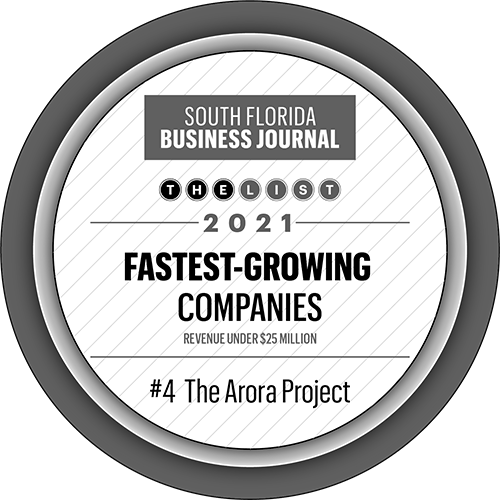Up next in our Equity Crowdfunding 101 series, we demystify crowdfunding regulations (A, A+, CF, and D). Read on for a solid foundation in the complexities of these U.S. Securities & Exchange Commission (SEC) regulations for equity crowdfunding, and how to make sure you stay in compliance.
Equity crowdfunding has become a well-known avenue for securing capital for private companies that might not otherwise be successful in catching the eye (and funding) of venture capitalists or angel investors.
But contrary to popular belief, crowdfunding isn’t as simple as drafting a campaign, publishing it on the platform of your choice, and raking in money. It’s this misconception that keeps the Securities Exchange Commission (SEC) combing through crowdfunding campaigns to ensure each company is following regulations.
These regulations (A, A+, CF, and D) each contain specific legal parameters for campaigns of each type, like:
- The total amount a company can raise under each
- Which investors are eligible to invest in their offering
- The total cost to run a campaign under the regulation
- The amount of regulatory oversight required
Regulation A and A+
Under Section 402 of the JOBS Act, Regulation A is split into two tiers: Regulation A and Regulation A+. Both tiers are open to US and Canadian companies, can solicit general audiences for investments, and have no resale restrictions on the securities (shares) purchased.
But they are different in several key ways. Companies raising under Reg A can raise up to $20 million in a 12-month period from all investors. Reg A+ increases the total raise allowed to $50 million; however, non-accredited investors are subject to investment limitations such as income verification.
Both Reg A and Reg A+ are required to file offering materials, two years of financial statements, and an exit report to the SEC for approval. Offerings made under Reg A+ are judged more stringently and have more reporting requirements, such as ongoing annual and semi-annual raise reports even after the campaign closes.
While raising as a private company under Regulation A or A+ is significantly less expensive than an IPO (initial public offering), crowdfunders will still pay high legal fees. They must also be willing to wait several weeks before being approved by the SEC. Because of this, only the most financially prepared companies will choose Reg A as opposed to the less-expensive Regulation D.
Regulation CF (or Regulation Crowdfunding)
Also known as equity crowdfunding, Regulation CF was adopted under Title III of the JOBS Act, which allows non-accredited investors (the general public and people who are not necessarily wealthy) to invest in private companies.
Reg CF stipulates that companies may raise up to $5 million every 12 months from any investors (this cap increased in 2021 from $1.07 million). Campaigns are permitted to solicit a general audience to find potential investors.
In addition, Reg CF offerings must be offered through an intermediary online platform or funding portal that’s been registered as a broker-dealer. These intermediaries include sites such as Republic, Wefunder, and StartEngine, and the fees associated with running a Reg CF campaign are site-specific to each platform.
The companies with most successful Reg CF campaigns tend to be between the Seed and Series A funding stages, have a tangible product on the market (or near to entering the market), and have solid early customer feedback. Companies with large and passionate fan bases also tend to reach higher funding goals.
Regulation D
Unlike a Regulation A or Regulation CF raise, Reg D raises are limited to accredited investors only, which can narrow the investor pool significantly. Because all potential investors are already vetted, Reg D campaigns are exempt from most registration requirements.
There are two options for Reg D raises:
- 506(b)
- 506(c)
506(b) campaigns can’t solicit a general pool of investors they don’t already know, and must use an equity broker to introduce new investors to the campaign. Previous investors, friends, and family are exempt from this rule.
Under 506(c), companies can solicit investors from the general public, provided that the investors for the campaign are verifiably accredited (i.e., they meet the income and/or net worth criteria).
One of the reasons Reg D is so appealing to many companies is that there are no limits on how much a company can raise in a 12-month period. Reg D campaigns also do not face the same extensive filing requirements set under Reg A and A+.
Your Smartest Investment is a Partner You Trust
Are you interested in running a crowdfunding campaign and don’t know where to start? Regardless of the regulation you choose, the Arora Project team is knowledgeable, motivated, and ready to get you where you need to go. As WeFunder’s #1 marketing partner, and with a 100% success rate in equity crowdfunding campaigns, we’re uniquely qualified to fundraise your next venture. Apply now.








